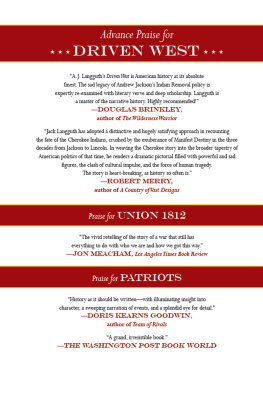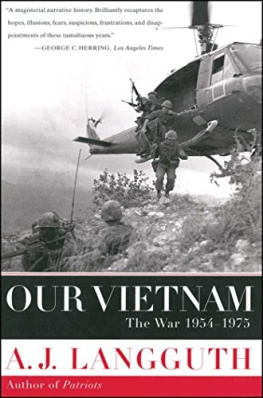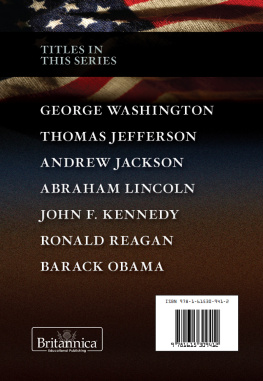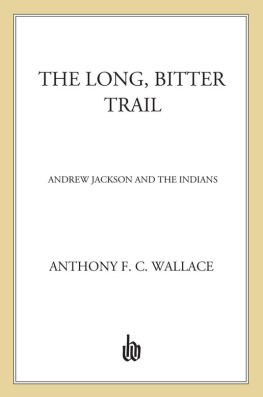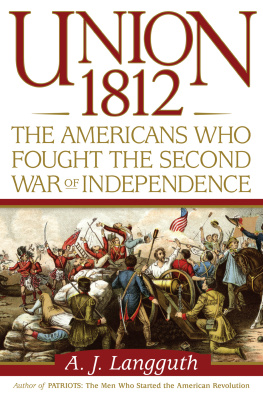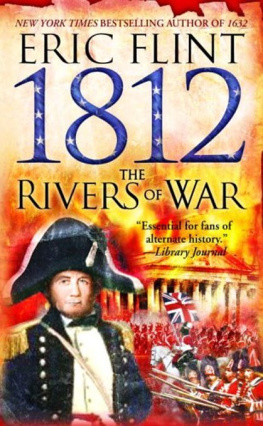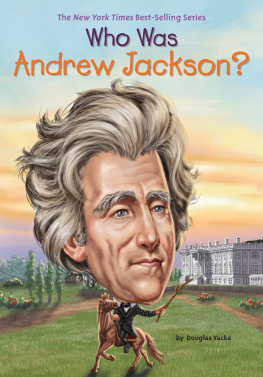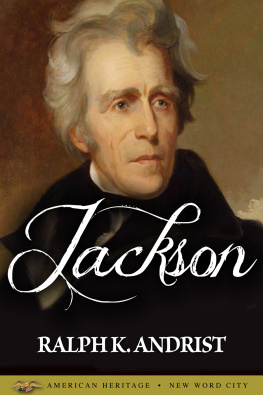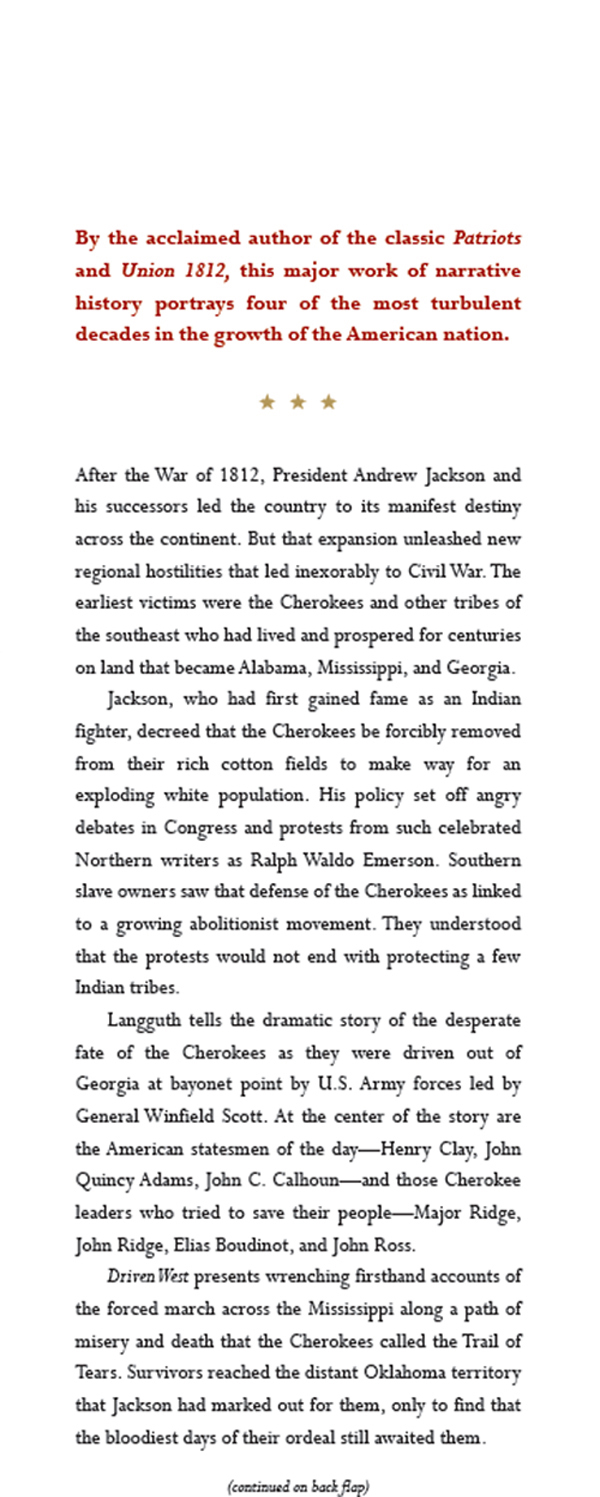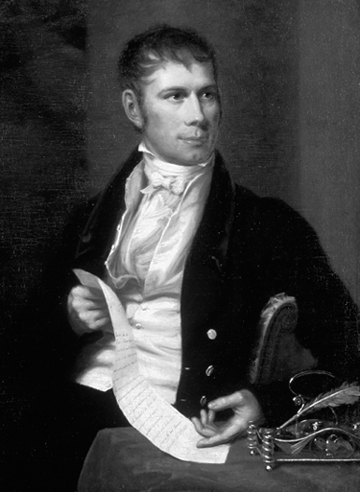A. J. Langguth - Driven West: Andrew Jackson and the Trail of Tears to the Civil War
Here you can read online A. J. Langguth - Driven West: Andrew Jackson and the Trail of Tears to the Civil War full text of the book (entire story) in english for free. Download pdf and epub, get meaning, cover and reviews about this ebook. year: 2010, publisher: Simon & Schuster, genre: Politics. Description of the work, (preface) as well as reviews are available. Best literature library LitArk.com created for fans of good reading and offers a wide selection of genres:
Romance novel
Science fiction
Adventure
Detective
Science
History
Home and family
Prose
Art
Politics
Computer
Non-fiction
Religion
Business
Children
Humor
Choose a favorite category and find really read worthwhile books. Enjoy immersion in the world of imagination, feel the emotions of the characters or learn something new for yourself, make an fascinating discovery.
- Book:Driven West: Andrew Jackson and the Trail of Tears to the Civil War
- Author:
- Publisher:Simon & Schuster
- Genre:
- Year:2010
- Rating:5 / 5
- Favourites:Add to favourites
- Your mark:
Driven West: Andrew Jackson and the Trail of Tears to the Civil War: summary, description and annotation
We offer to read an annotation, description, summary or preface (depends on what the author of the book "Driven West: Andrew Jackson and the Trail of Tears to the Civil War" wrote himself). If you haven't found the necessary information about the book — write in the comments, we will try to find it.
After the War of 1812, President Andrew Jackson and his successors led the country to its manifest destiny across the continent. But that expansion unleashed new regional hostilities that led inexorably to Civil War. The earliest victims were the Cherokees and other tribes of the southeast who had lived and prospered for centuries on land that became Alabama, Mississippi, and Georgia.
Jackson, who had first gained fame as an Indian fighter, decreed that the Cherokees be forcibly removed from their rich cotton fields to make way for an exploding white population. His policy set off angry debates in Congress and protests from such celebrated Northern writers as Ralph Waldo Emerson. Southern slave owners saw that defense of the Cherokees as linked to a growing abolitionist movement. They understood that the protests would not end with protecting a few Indian tribes.
Langguth tells the dramatic story of the desperate fate of the Cherokees as they were driven out of Georgia at bayonet point by U.S. Army forces led by General Winfield Scott. At the center of the story are the American statesmen of the dayHenry Clay, John Quincy Adams, John C. Calhounand those Cherokee leaders who tried to save their peopleMajor Ridge, John Ridge, Elias Boudinot, and John Ross.
Driven West presents wrenching firsthand accounts of the forced march across the Mississippi along a path of misery and death that the Cherokees called the Trail of Tears. Survivors reached the distant Oklahoma territory that Jackson had marked out for them, only to find that the bloodiest days of their ordeal still awaited them.
In time, the fierce national collision set off by Jacksons Indian policy would encompass the Mexican War, the bloody frontier wars over the expansion of slavery, the doctrines of nullification and secession, and, finally, the Civil War itself.
In his masterly narrative of this saga, Langguth captures the idealism and betrayals of headstrong leaders as they steered a raw and vibrant nation in the rush to its destiny.
A. J. Langguth: author's other books
Who wrote Driven West: Andrew Jackson and the Trail of Tears to the Civil War? Find out the surname, the name of the author of the book and a list of all author's works by series.

